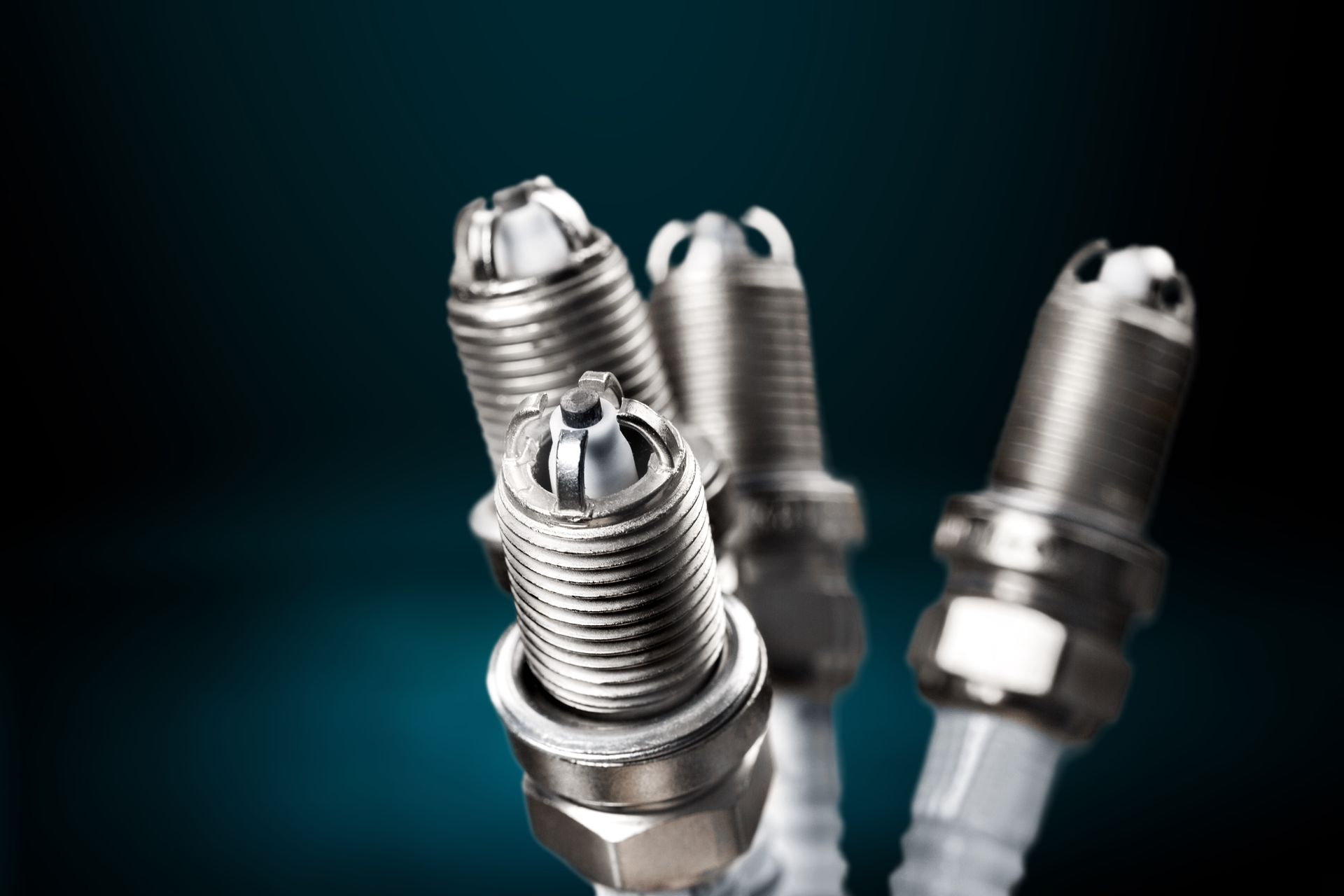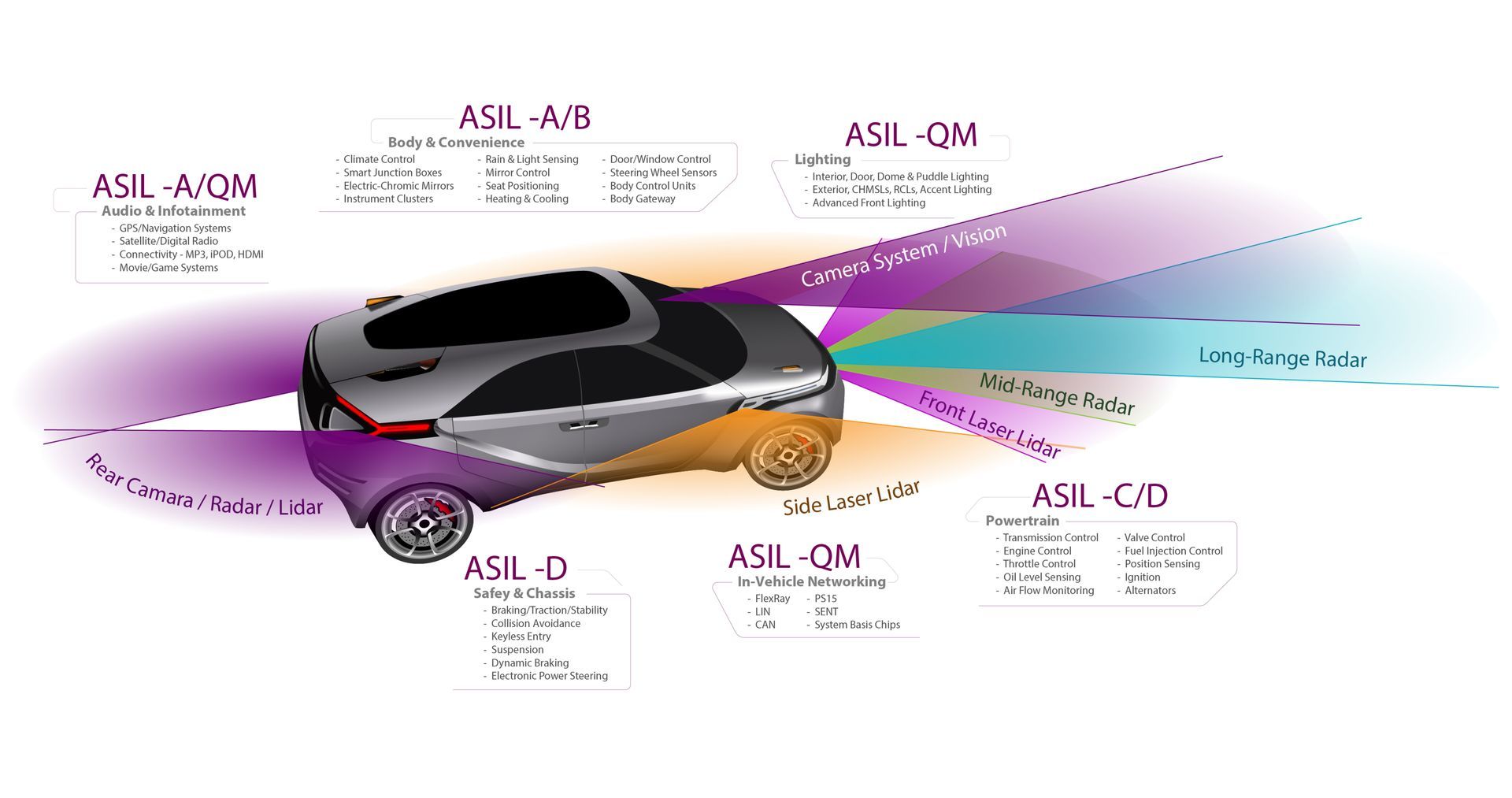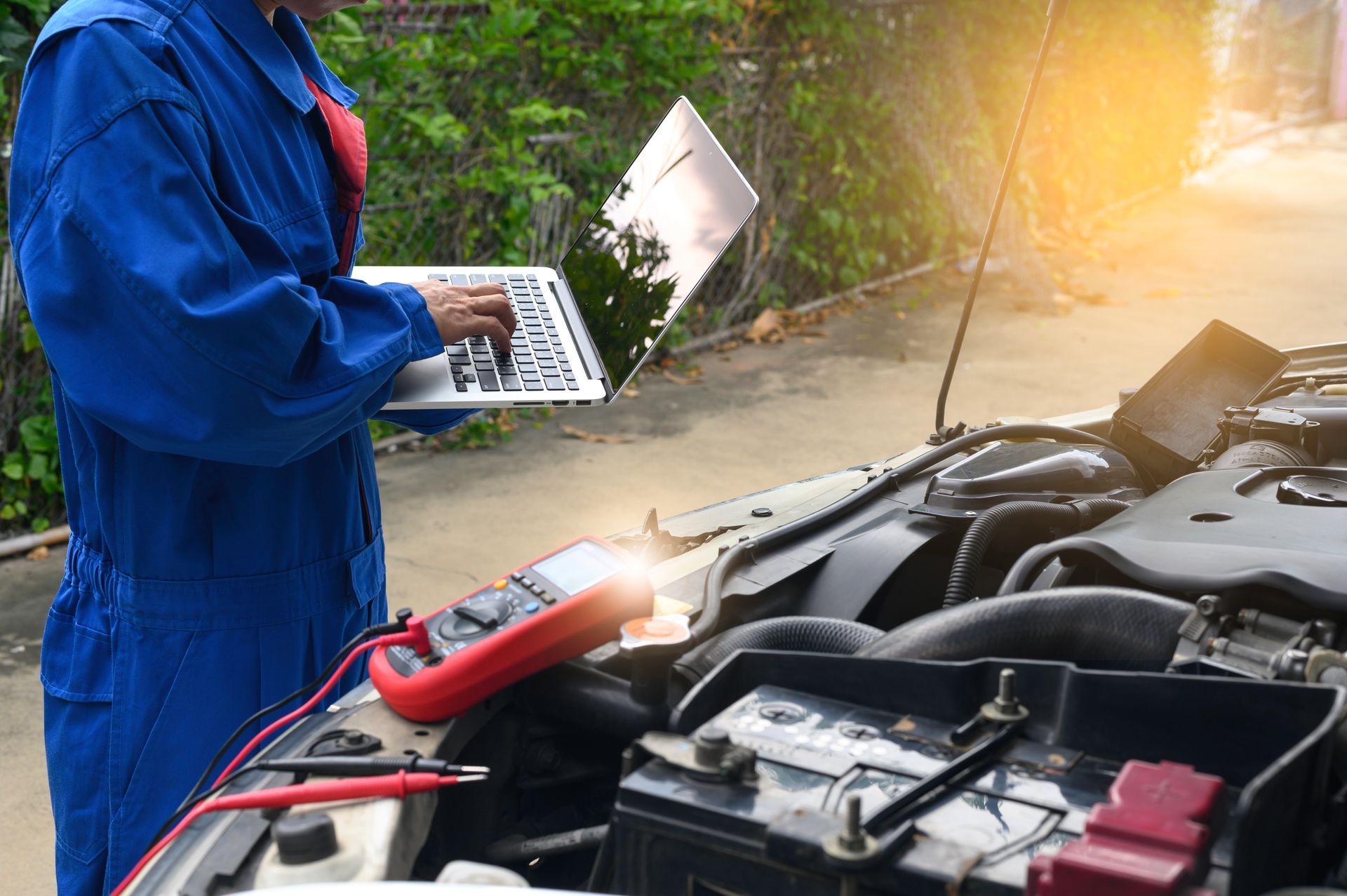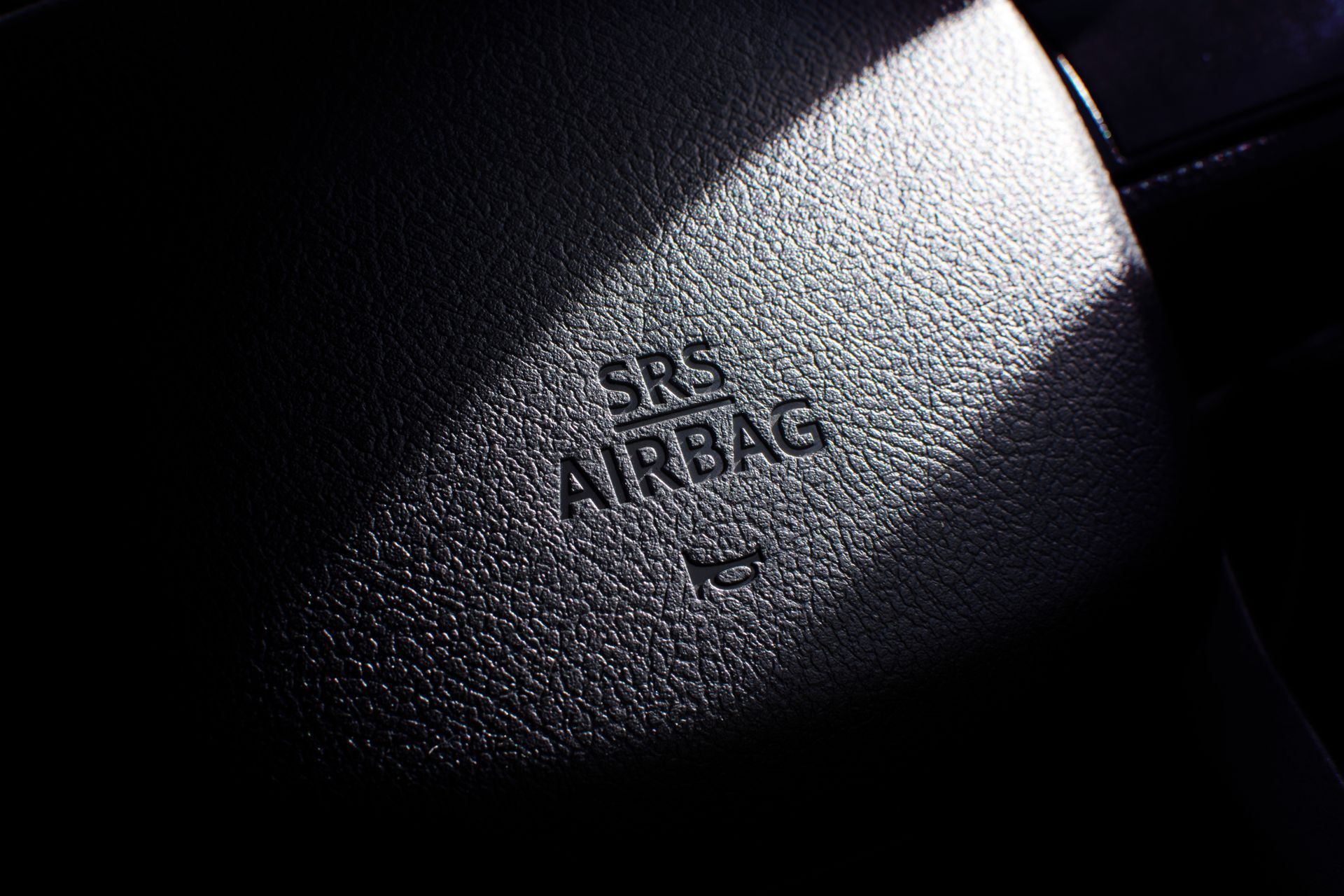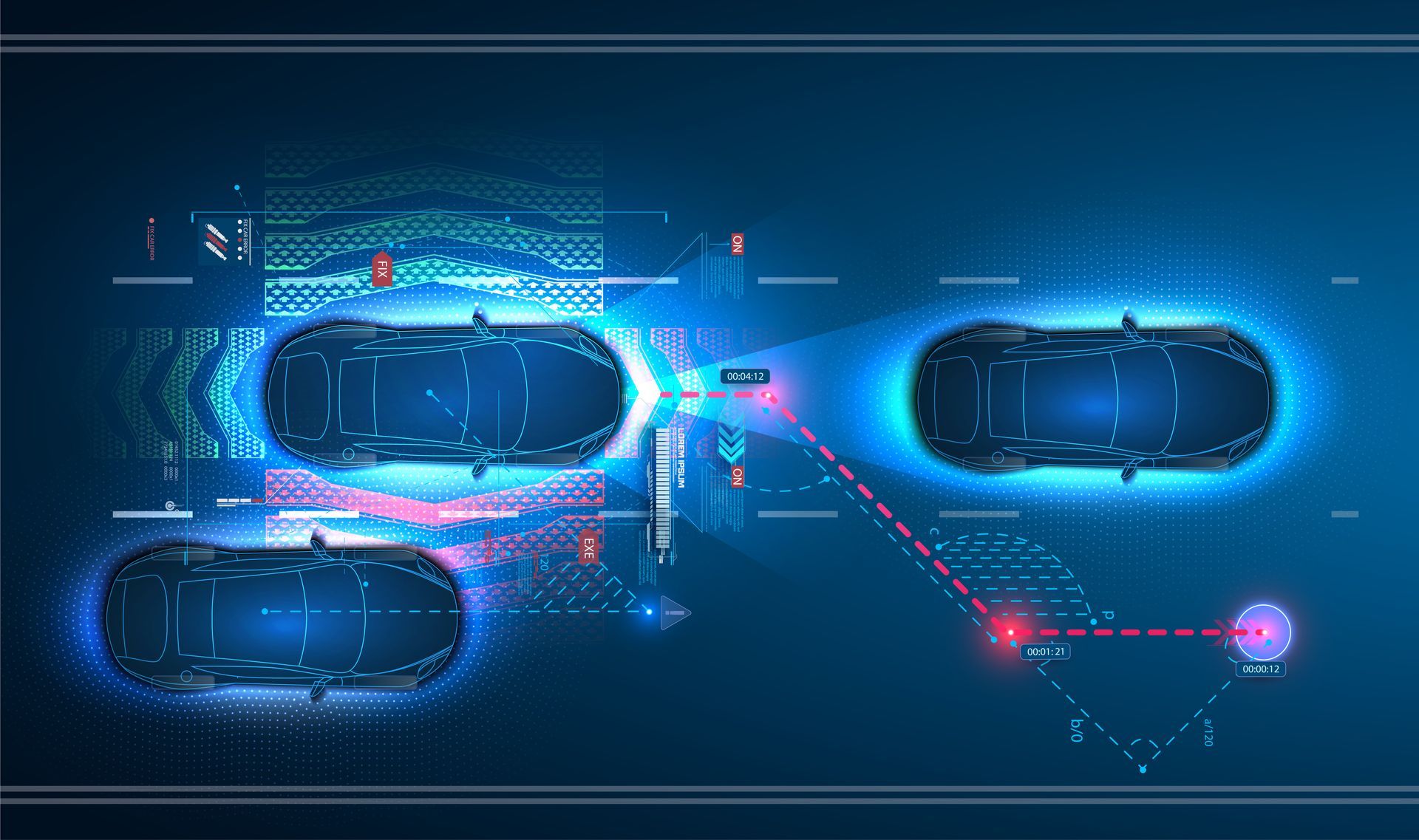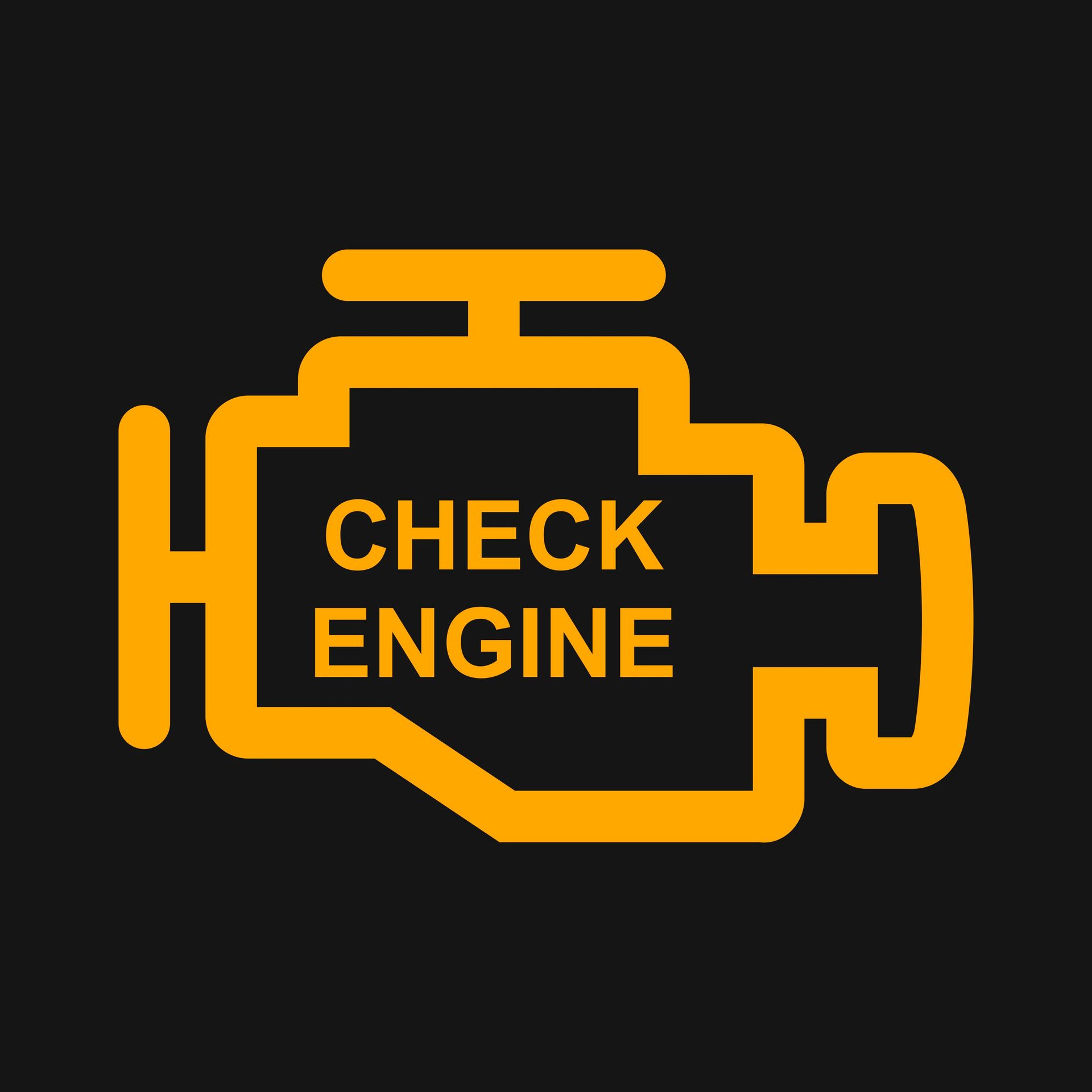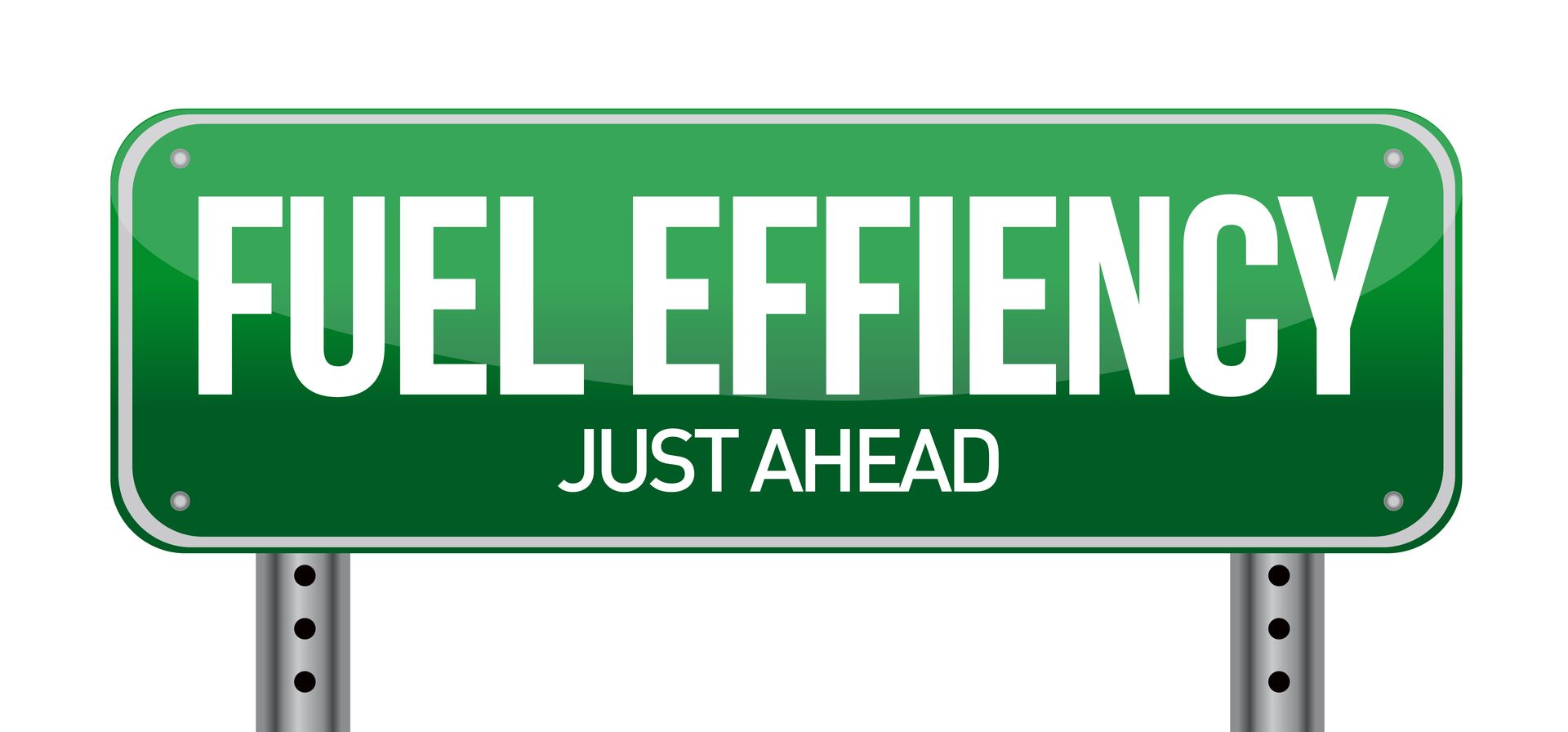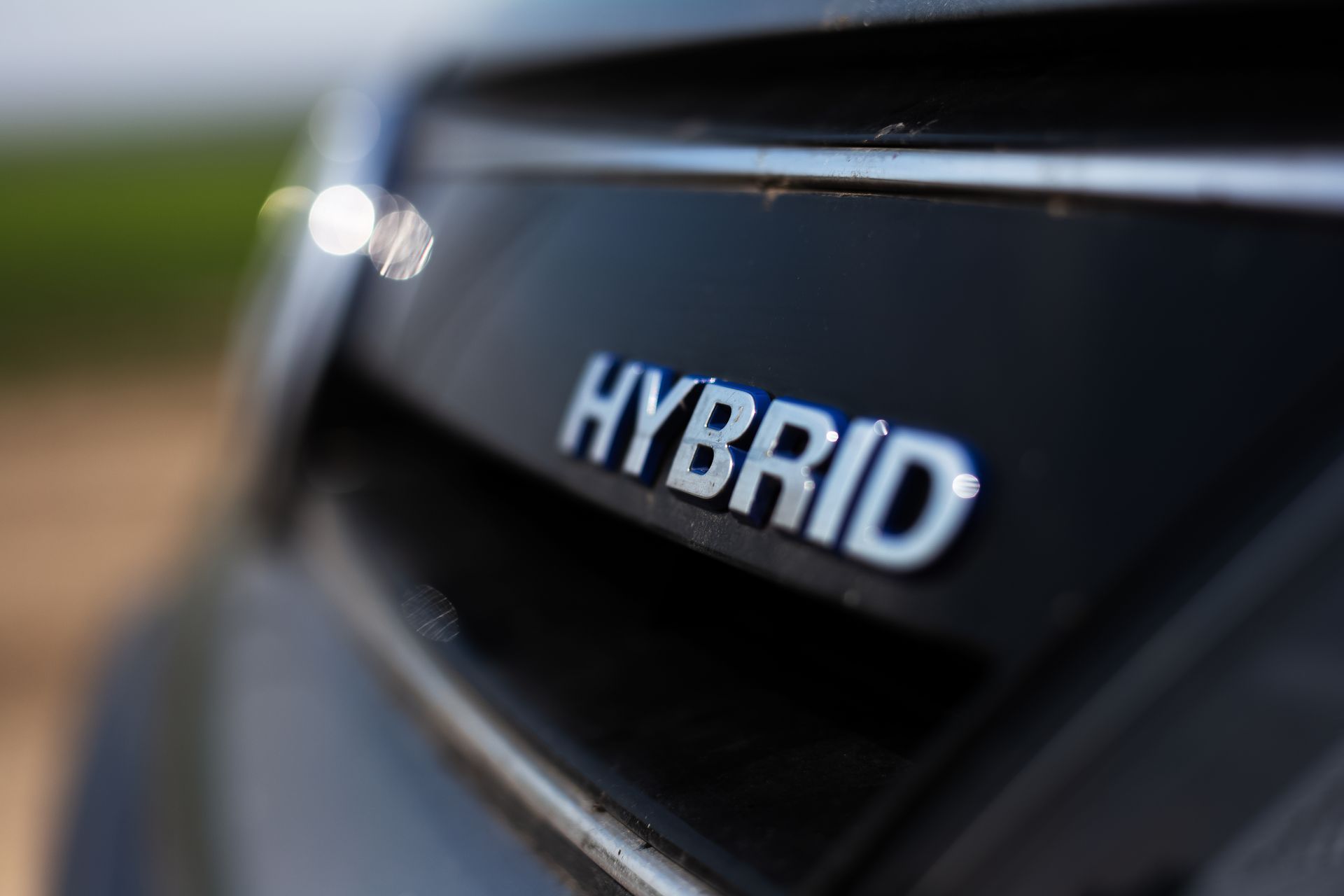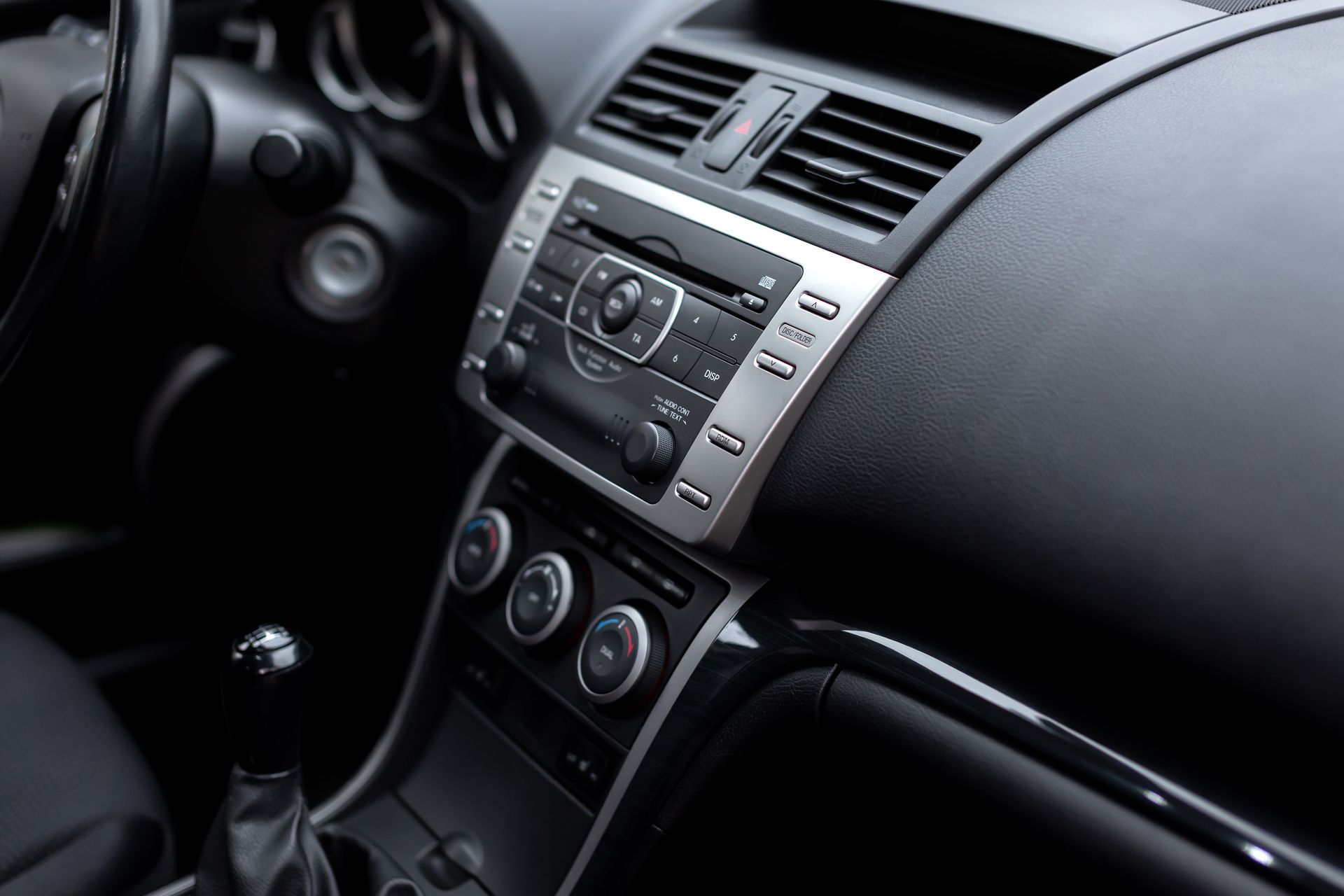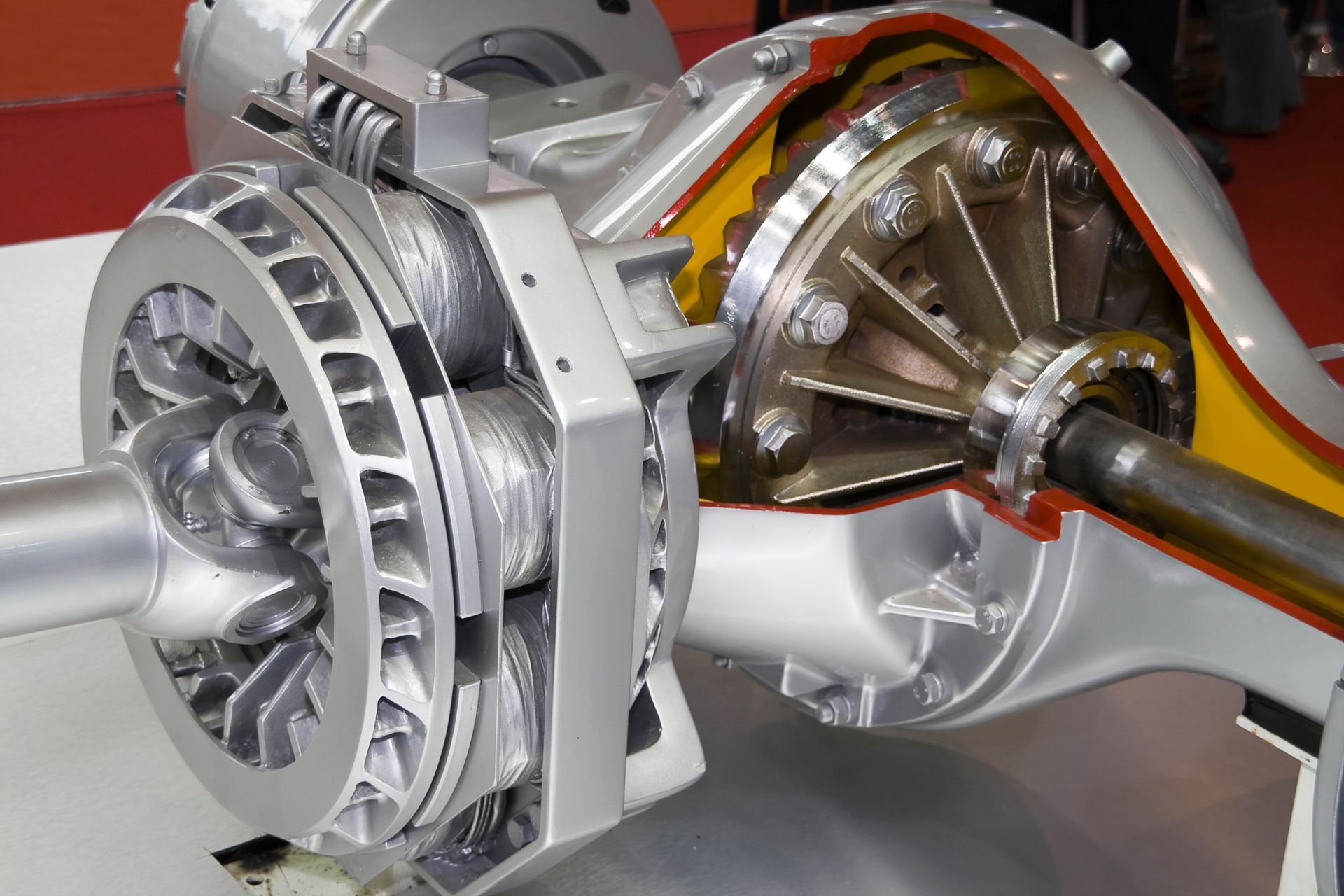CV joints are found on both ends of the drive axles, connecting the transmission to the wheels. Their primary function is to transmit torque at a constant speed, even as the angle of the axle changes during steering and suspension movement. This flexibility allows for smooth and efficient power delivery to the wheels, regardless of driving conditions.
Types of CV Joints
There are two main types of CV joints: the Rzeppa joint (also known as a ball-type joint) and the tripod joint. The Rzeppa joint is the most common type and consists of six steel balls arranged in a cage, allowing for smooth articulation at various angles. The tripod joint, on the other hand, features three rollers that glide within a housing, providing similar flexibility and strength.
Common CV Joint Issues
Despite their durability, CV joints can experience wear and tear over time, leading to various issues such as:
- CV Joint Boot Damage: The rubber boot covering the CV joint can degrade or tear, exposing the joint to dirt, moisture, and debris. This can lead to lubricant leakage and premature wear of the joint components.
- Clicking or Grinding Noise: Worn or damaged CV joints may produce clicking or grinding noises, especially during turns or acceleration. This indicates excessive play or damage within the joint, necessitating inspection and potential replacement.
- Vibration or Shaking: A worn or failing CV joint can cause vibration or shaking, particularly at higher speeds or during acceleration. This vibration is often felt through the steering wheel or vehicle floor and may worsen over time if left unaddressed.
- Loss of Power: A damaged CV joint can result in power loss to the affected wheel, leading to reduced acceleration and overall performance. This can compromise vehicle handling and safety, especially in adverse driving conditions.
Maintaining Your CV Joints
Regular maintenance is essential for ensuring the longevity and performance of your CV joints. Here are some tips to keep them in optimal condition:
- Inspect CV Joint Boots: Periodically check the condition of the CV joint boots for signs of damage, such as tears, cracks, or leaks. Replace any damaged boots promptly to prevent dirt and moisture from contaminating the joint.
- Grease the CV Joints: Proper lubrication is crucial for minimizing friction and wear within the CV joints. Regularly grease the joints according to manufacturer recommendations to ensure smooth operation and prevent premature failure.
- Address Any Symptoms Promptly: If you notice any symptoms of CV joint failure, such as clicking noises, vibration, or power loss, schedule an inspection with a qualified mechanic. Prompt attention to these issues can prevent further damage and costly repairs down the line.
CV joints play a vital role in ensuring smooth and efficient power transfer in your vehicle's drivetrain system. By understanding their functions, recognizing common issues, and following proper maintenance practices, you can help prolong the lifespan of your CV joints and keep your vehicle running smoothly for miles to come.
If you require CV joint inspection, repair, or replacement services, don't hesitate to contact
SCC Performance for professional assistance.



